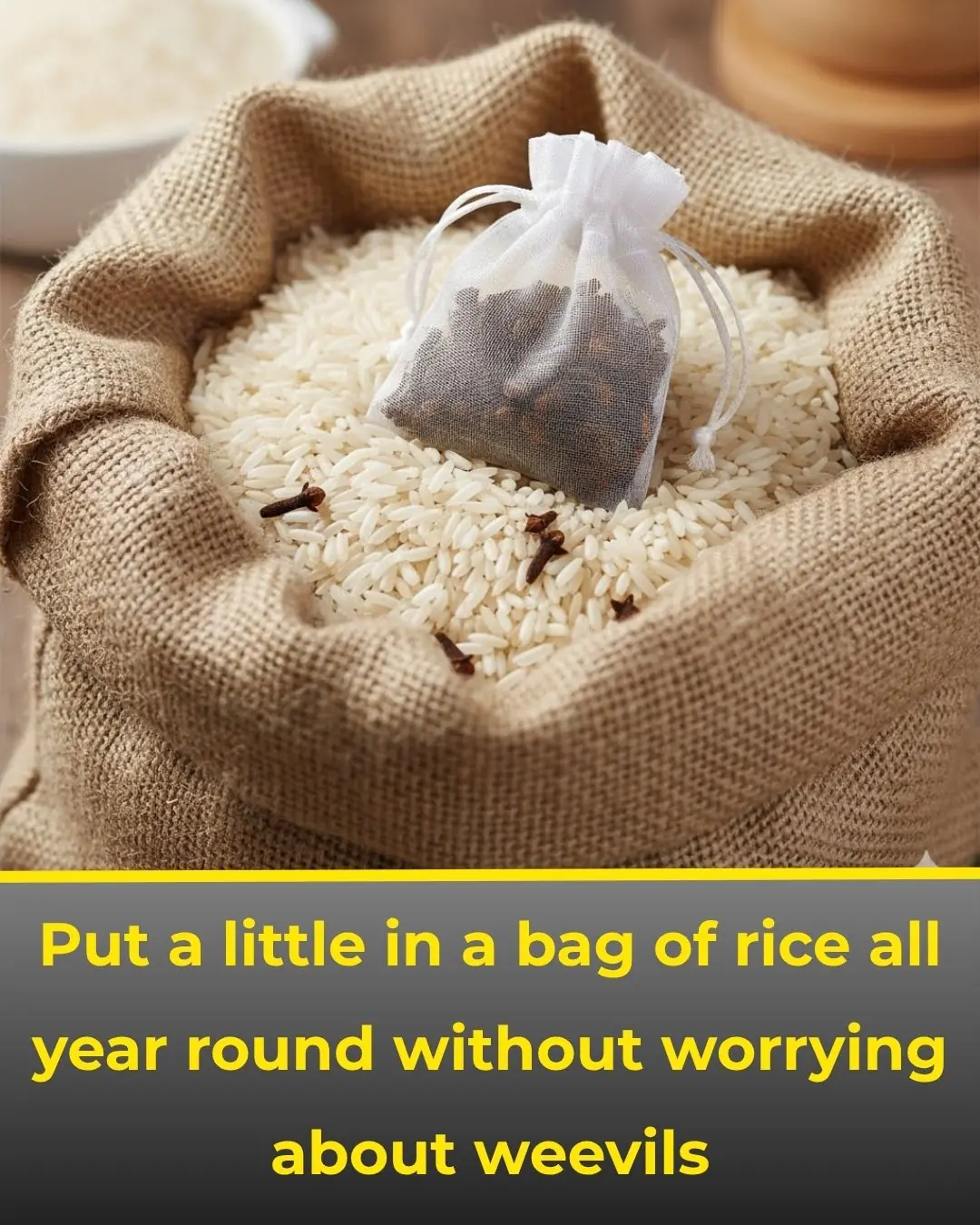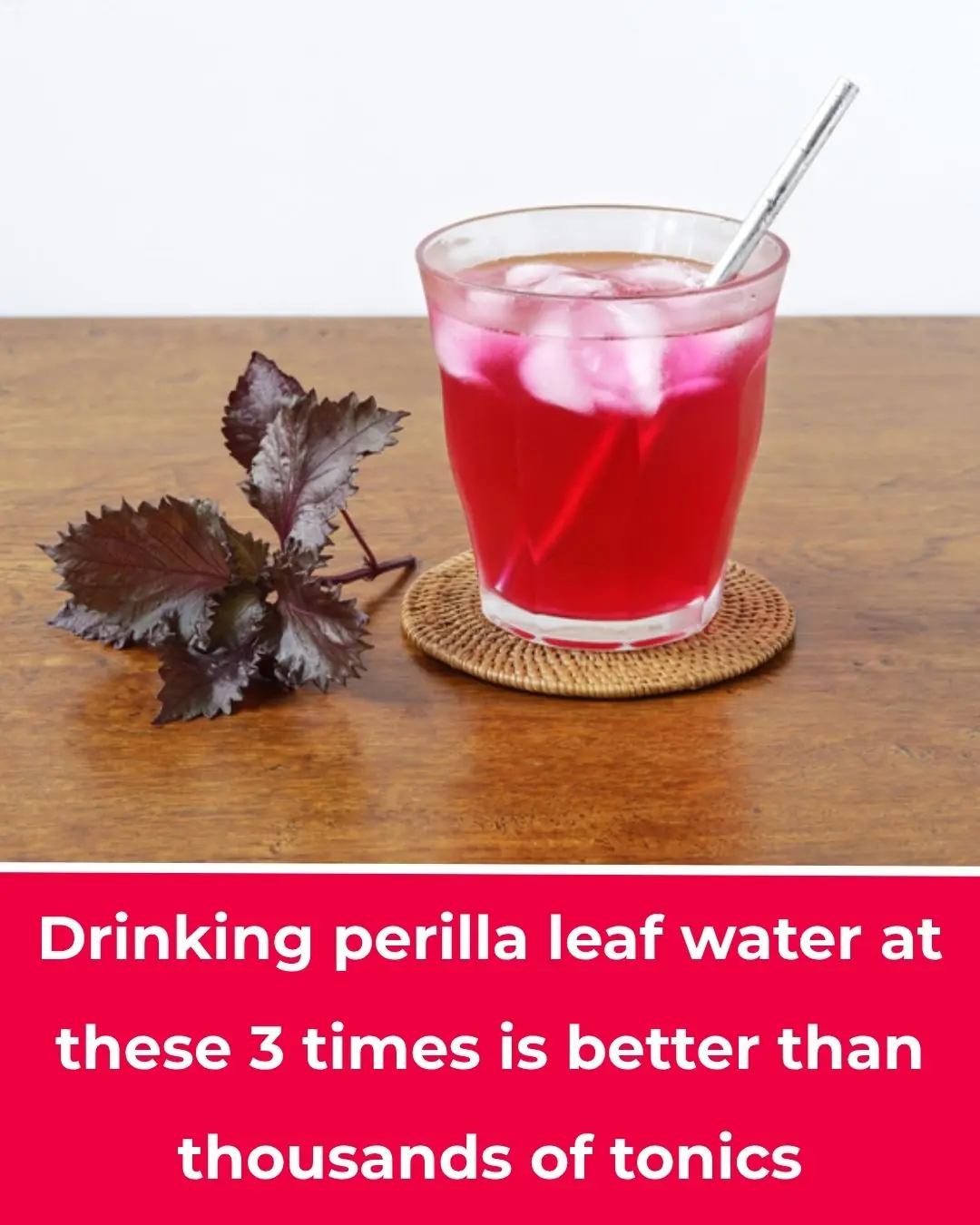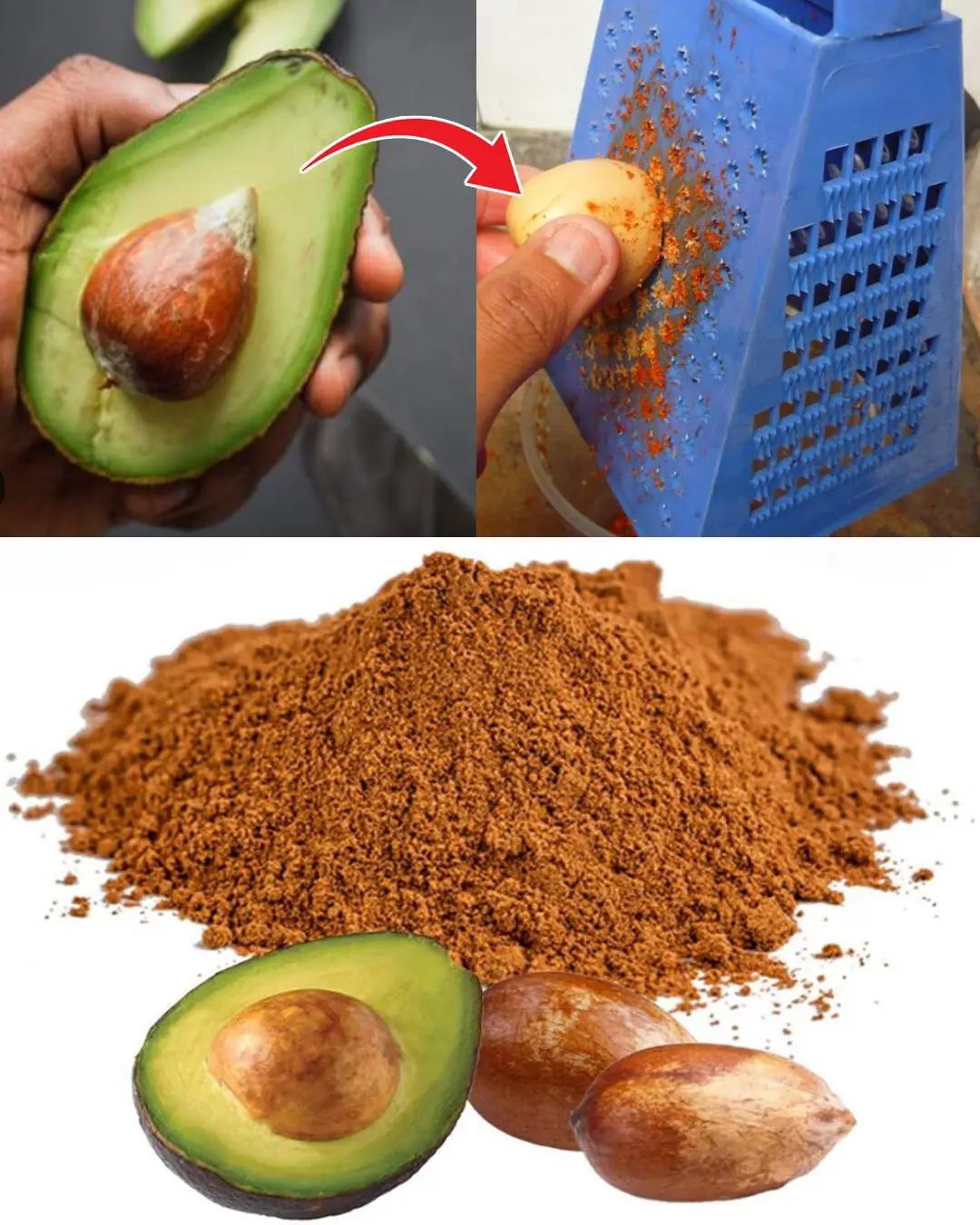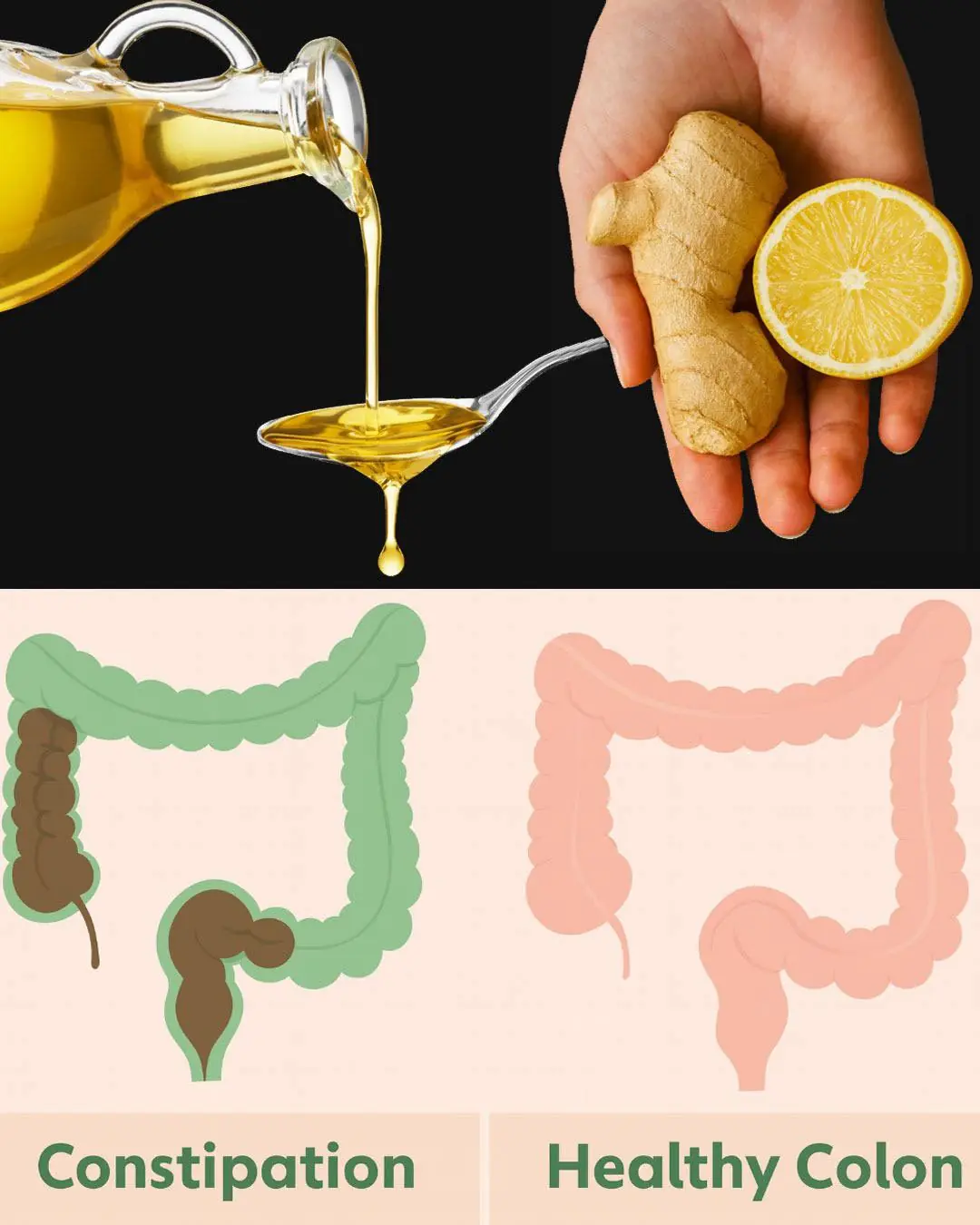
7 pantry items that really don’t spoil — and how to store them so they stay great
1) Honey — practically immortal if stored properly
Why it lasts: honey’s very low water activity and high sugar content inhibit bacterial growth, and archaeological finds show properly sealed honey can remain intact for centuries. In everyday terms, commercial and home honey that’s kept in a sealed jar in a cool, dry place will keep indefinitely — though it may crystallize (which is reversible by gently warming the jar). (Food & Wine; National Honey Board summaries). Food & Wine+1
Storage tip: keep honey in a tightly closed container, away from heat and direct sunlight. If it crystallizes, place the jar in warm water and stir until smooth.
2) Spirits and many high-ABV liquors — safe for years, flavour changes possible
Why it lasts: distilled spirits such as vodka, whiskey and rum are chemically very stable. Unopened bottles will keep indefinitely; opened bottles remain safe to drink for a very long time, although prolonged exposure to air will slowly change the aroma and flavour. Wine and beer are more perishable and depend on type and storage. (Epicurious; wine storage guides). Epicurious+1
Storage tip: store upright in a cool, dark place; once opened, cap tightly to slow oxidation and flavour loss.
3) Salt — a mineral, not a food that rots
Why it lasts: pure salt is an inorganic mineral and does not support microbial growth, so it doesn’t “go bad.” What does change is texture (clumping) when salt absorbs moisture or, for seasoned/flavoured salts, the added ingredients can degrade over time. (Reader’s Digest / storage guides). rd.com+1
Storage tip: keep salt dry in an airtight container; toss a few grains of rice in a shaker to reduce clumping if you live somewhere humid.
4) Naturally fermented condiments — soy sauce and rice vinegar last a very long time
Why they last: traditionally brewed soy sauce and fermented rice vinegars are high in salt and/or acid — environments that inhibit microbes — so they keep for years when sealed. After opening, refrigerating will best preserve flavour and quality, though they are rarely a food-safety risk. (Soy sauce storage guides; food-safety roundups). pearlriverbridge.com+1
Storage tip: store unopened bottles in a cool, dark pantry; refrigerate after opening for best flavour retention and longest shelf life.
5) Dried tangerine (mandarin) peel — chenpi ages like a fine spice/herb
What it is: dried citrus peel (chenpi) is used in Asian cooking and traditional remedies. Properly dried and sealed, many people store it for years; in fact, some medicinal and culinary traditions prize older, well-aged chenpi for deeper aroma and complexity. Recent reviews also document chemical changes during aging that can increase certain desirable compounds. (The Spruce Eats; recent phytochemistry review). The Spruce Eats+1
Storage tip: keep dried peel in an airtight jar, away from light and moisture; check for off smells or mould before use.
6) Tea — most teas don’t “spoil,” but freshness varies by type
Reality check: most teas won’t make you sick after a long time, but they do lose aroma, flavour and some beneficial compounds. Pu-erh teas are a special case — certain pu-erh cakes are intentionally aged and can improve with decades of proper storage — whereas green and delicate teas are best consumed within months to a couple of years for peak flavour. (Tea-storage guides; pu-erh resources). Better Homes & Gardens+1
Storage tip: store tea in opaque, airtight tins in a cool, dry, odour-free place; buy small quantities of delicate teas to keep them fresh.
7) Coffee (especially whole beans) — long-lasting when stored correctly, but flavour fades
What to expect: roasted coffee beans (and ground coffee) don’t “go bad” in the food-safety sense quickly, but their volatile aromatics degrade soon after roasting. Whole beans kept sealed and cool will taste reasonable for weeks; frozen storage in airtight containers can extend quality for months. Instant coffee and sealed pods keep to their “best by” dates much longer. (Specialty coffee guidance; Better Homes & Gardens). NCA - About Coffee+1
Storage tip: buy freshly roasted beans in quantities you’ll use in a couple of weeks; keep in opaque, airtight containers away from heat, moisture and direct light.
A few practical caveats (don’t ignore “best-by” labels blindly)
-
“Best by” ≠ “unsafe.” Many labels are quality, not safety, dates. Still, follow smell/taste checks and toss anything with off odours, visible mould, unusual cloudiness or fizz in sealed condiments. (People/food-safety roundups). People.com
-
Watch added ingredients. Products that look shelf-stable (e.g., a sauce) may contain dairy, fresh aromatics or emulsifiers that shorten life — those items need the usual fridge/expiry caution. (Food safety guidance). People.com
-
Storage matters more than age. Cool, dry, dark and sealed are the four rules that preserve both safety and flavour. For anything stored in poor conditions (heat, sunlight, humidity), quality and safety can decline much faster.
News in the same category


8 instant, drug-free ways to stop motion sickness — rewritten, expanded and evidence-backed

Do you need to unplug the rice cooker after the rice is done? — an expanded, evidence-backed guide

Put a clove of garlic by your pillow? Here’s what the tradition actually does — and what science and doctors say

The 3 best times to drink perilla leaf tea — and what science and safety advice say

5 common coffee mistakes that can harm your health — and safer, evidence-based fixes

3 practical ways to stop snakes from getting into your home — plus safer alternatives and what not to do

Robin Williams' daughter issues desperate plea to fans after receiving 'disgusting' AI videos of her dad

Reason why Donald Trump had 'no chance' at winning' Nobel Prize despite his claims 'he deserved it'

Emmerdale fans 'work out' what's really wrong with Moira Dingle after collapse

McFly star Harry Judd's wife Izzy opens up on their child's difficult health condition

Bill Belichick trying to ‘find the leak’ with reports of UNC dysfunction spreading

Mike Francesa misses Yankees watch party for ‘emergency’ surgery

Taylor Swift’s floral ‘Late Night With Seth Meyers’ outfit is covered in Easter eggs

Selena Gomez’s kidney donor, Francia Raisa, addresses wedding snub and feud rumors

‘Shuts TF Up’: Scott Jennings’ Unhinged Back and Forth with Abby Phillip Takes a Turn When Van Lathan Begins to Speak

Melissa Koby Becomes First Black Woman to Create Official U.S. Open Artwork, Honors Althea Gibson for 75th Anniversary

Joy-Ann Reid Returns to the Mic With New Podcast “The Joy Reid Show”

Kamala Harris Makes Surprise Appearance at Compton High Graduation After Chance Encounter With Student
News Post

Growing Wildflowers: A Mother’s Journey Through the Chaos

The Baby in Princess Diana’s Arms

A Lifetime in Bloom: Lois Shows Us What Passion Truly Grows

Farewell to a Giant Soul: Vatsala the Elephant Passes at 100

Keeping the Monsters Away: The Quiet Heroism of Foster Parents

From Sidewalk to Forever: A Daughter’s Choice That Changed Everything

A Thirst for Life: Cyclists Halt Ride to Save Parched Koala in Australia’s Heatwave

An Actor’s Greatest Role: Morgan Freeman Becomes a Guardian of Strays

When a Celebration Became a Goodbye: A Daughter’s Farewell to Her Faithful Companion

Bella the Hero: How a Pit Bull’s Loyalty Saved a Life

No Matter How Dirty You Are, Absolutely AVOID These 7 “Dangerous Hours” When Washing Your Hair to Prevent Stroke, Sudden Illness, or Hospitalization Without Warning

3 Common Mistakes When Using Plastic Wrap That Can Cause Cancer and Are Often Made by Many People

A Kiss from Joy: The Language of Love Between Elephants and Humans

What Do Vertical Nail Ridges Mean After 40

A Brave Fight for Life: Kuba’s Battle Against Ewing’s Sarcoma

Avocado Seeds Benefits: 7 Reasons to use them

9 Signs You’re Actually Going Through Menopause (Even If You Didn’t Realize It)

Morning Detox Elixir: Olive Oil, Lemon & Ginger – The Natural Cleanse You Need Daily

Nine Children in Dawsonville Get the Gift of a Bed, Comfort, and Peaceful Sleep
